The Role of the Celts in Ancient Greece and Rome
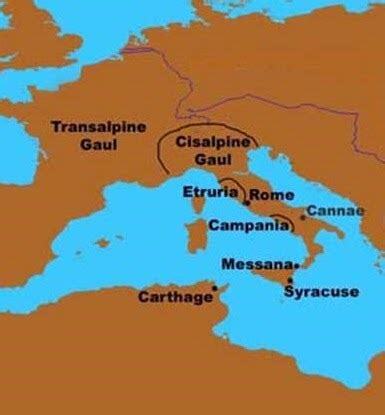
Episode 2 The Role of the Celts in the Classical World
The Celtic World
Dr Jennifer Paxton (2018)
Film Review
There is virtually nothing written by the Celts themselves regarding their interaction with Greek and Roman civilization. Legend has it that the Druids (prehistoric Celtic intellectuals) didn’t believe in written language both because it made people soft and because they wished to monopolize knowledge.
The word Celt (Keltoi) was first used by the Greeks for people who lived north of the Greek colony Massalia (currently the French city Marseilles). The Romans adopted the word as Celtae, though they also referred to residents of Gaul as Galli, derived from the Greek word (Galatae) for Celtic peoples who lived on the Anatolian peninsula. In English, the latter are known as Galations. Galatae is also the origin of the word Gaelic, used outside Ireland to refer to the Irish language.
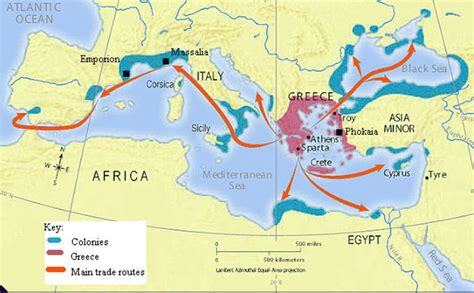
Greek view of the Celts:
Aristotle characterized the Celts as having a “crazed belligerence” and being to prone to homosexual relationships.*Plato described the Celts as fierce warriors who were excessively prone to drunkenness.Ephorus, the ancient Greek historian wrote about a fitness test Celtic warrior had to pass to demonstrate they hadn’t put on excessive weight.Alexander the Great praised their fearlessness.The Founding of Galatia
Following the death of Alexander the Great in 324 BC, the Celts invaded and conquered Macedonia. Splitting into two cohorts, one group of Celts went on to attack Delphi, where they were were defeated by the God Pan when their leader accidentally poisoned himself undiluted wine.
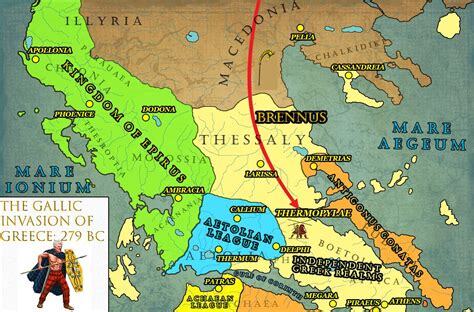
The other group marched into the Anatolian peninsula, where King Nicomedes of Bithnyia invited them to serve as mercenaries.** Hired to resist Roman conquest, Celtic bandits and kidnappers carved out the Galatian state for themselves on the Anatolian peninsula. Ironically they eventually allied with Rome, who allowed them to keep their state after conquering Asia Minor.
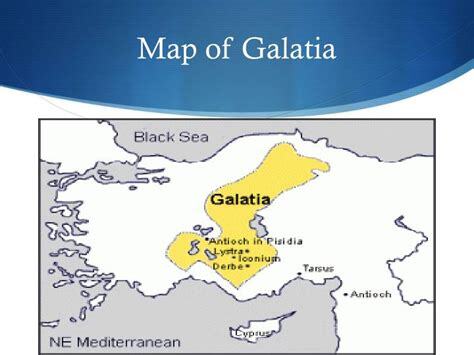
The Dying Gaul, also called The Dying Galatian or The Dying Gladiator, is an ancient Roman marble semi-recumbent statue now in the Capitoline Museums in Rome. It is a copy of a now lost sculpture from the Hellenistic period thought to have been cast in bronze. The original was commissioned some time between 230 and 220 BC by Attalus I of Pergamon to celebrate his victory over the Galatians.
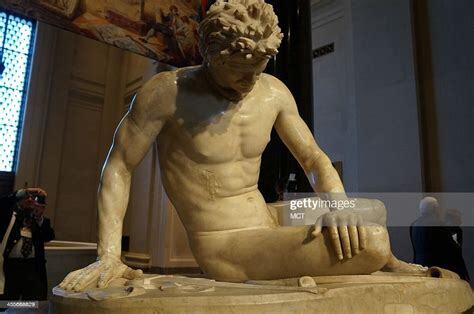
Roman view of the Celts
The historian Posidonius, who Julius Caesar quotes excessively in his writings, was the major authority on the Celts in the Roman Republic. According to Posidonius, they were were tall and blood, fought naked, treated their hair with lime paste to make it stand straight up, played war trumpets to intimidate their enemies, favored hand-to-hand combat and invited bards to recite poetry at their feasts.
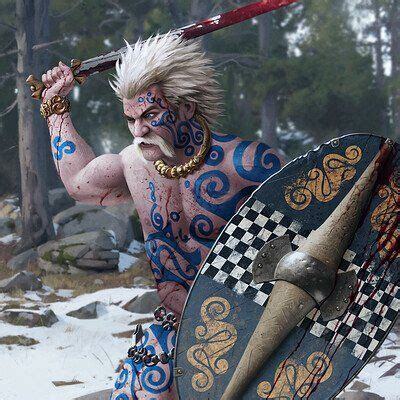
According to Paxton, ancient Celtic speakers called the Lepontii, ancient Celtic speakers conquered northern Italy around 400 BC. They adopted north Etruscan script** for written records. In 390 BC, they sacked Rome and, according to the historian Livy, had to be bribed to leave.
At the time of Julius Caesar, Celtic tribes controlled Transalpine Gaul (modern day France), and the Romans controlled Cisalpine Gaul (the Po Valley in modern Italy),*** After Caesar defeated Transalpine Gaul during the Gallic wars (58-50 BC), it also became a colony of Rome.
Celts in modern day Spain
There were also Celts living in the Iberian peninsula when Rome conquered Spain (which only came under firm Roman control in first century BC). The Romans divided Spain into three main regions – the Celts in the Northeast, the Iberians along the southeastern coast and the Celt Iberians sandwiched in between.
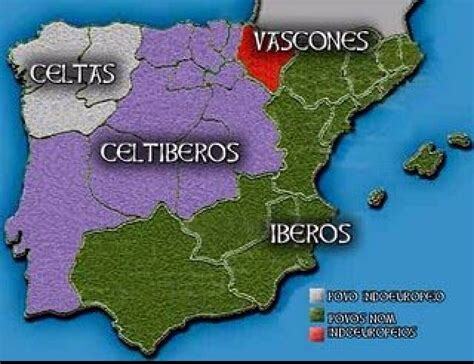
*This seems ironic given the exalted status of male homosexual relationships in ancient Greece.
**Celtic warriors were also enlisted as mercenaries in ancient Egypt and Macedonia.
***The Romans gained control of the Po Valley in northern Italy at the Battle of Telamon in 225 BC.
Film can be viewed free with a library card on Kanopy.
https://pukeariki.kanopy.com/en/pukeariki/watch/video/5701024/5701028
The Most Revolutionary Act
- Stuart Jeanne Bramhall's profile
- 11 followers



